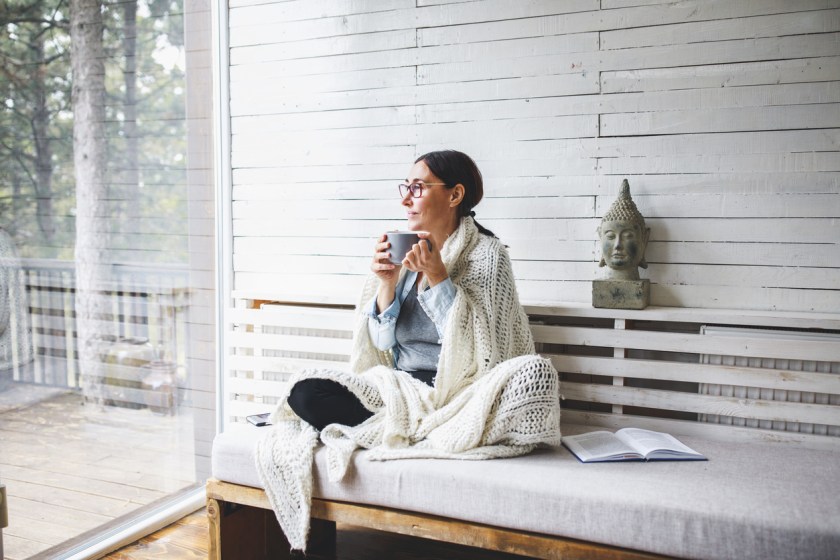The pandemic has triggered mental health issues in a lot of us. Psychologist Alisha Polsen talks us through ways to cope, both for staff and for clients.
Providing a calm, serene clinic atmosphere is essential to deliver positive health, beauty and wellbeing outcomes and a comfortable experience for clients. Now, more than ever, a safe haven to relax, be pampered and take time for selfcare is sought as a way for clients to regulate stress associated with our constantly changing circumstances.
In order to provide this clinic experience authentically, the wellbeing of the clinic team is paramount. To offer provision of face to face services with a confident and reassuring manner, personal selfcare and adequate emotional reserve and regulation must come first.
So what can staff focus on to reduce their own anxiety and promote wellbeing in their lifestyle during this time of COVID-19 and the associated impacts?
- Quality sleep – Prioritising this fundamental protects the sensory, adrenal and immune system for mental and physical health and well-being and improved emotional reserve.
- Optimum nutrition – Ensuring adequate absorption of nutrients through establishing and maintaining balanced nutrition and gut health is key.
- Enjoyable movement – Engaging muscles regulates the adrenal impacts of fear and stress and this practice alongside relaxation breathing and meditation are vital to reduce anxiety and regulate neural activity to prevent emotional reactivity.
- Rewarding connections – One of the brain’s basic needs. The establishment and maintenance of reciprocally rewarding relationships significantly improves resilience.
- Time for passion – With a great deal of attention focussed on what we have been restricted from at this time, it is of upmost importance to build resilience to approach challenges with neurological balance. To reduce neural looping around the thoughts that perpetuate anxiety and stress, building and strengthening alternate networks by attending to passions and pursuits of goals both within and outside of the clinic environment give a positive and proactive approach to mental heath and long term wellbeing and satisfaction in work and life as a whole.

Feeling safe within the clinic is also paramount for staff and clients. Create a culture where clear health and safety procedures are followed. A commitment from all who enter the clinic to looking after the team and clients reduces distress. Hand hygiene, distancing, surface hygiene and clear expectations about staying away from the clinics when unwell allows the team and clients to feel that they are in a healthy and safe place in your clinic.
Once clinic staff have established their own sense of safety, regulation and well-being in their home and clinic environments, they then have capacity to authentically provide this space and experience in interactions with clients. Key aspects to promote comfort, safety and reduce anxiety in clients include:
- Preparation before attending appointments – Communicate what is expected and ensure they follow these guidelines. It reassures clients that protocols are being followed by everyone in the clinic and builds confidence, creates a sense of ease in accessing services and preparedness for new processes.
- Check in – Ask clients for feedback on their comfort. Grounding with simple strategies such as drawing attention to calming music, a warm towel around their shoulders or a few minutes to step outside and have a few breaths can be guided and normalised by staff in these moments when needed to avoid escalation of stress or anxiety.
- Be proactive – Encourage clients to seek help before anxiety become overwhelming. Create a culture where you promote mental health throughout the organisation as a whole. Offering psychological support to clients prior, during and post clinic appointments also heads off unexpected anxiety during clinic appointments and prevents team members having to manage psychological distress that they may not be equipped for.
COVID-19 has triggered varying levels of anxiety in the community. Psychology sessions allow a dedicated safe and confidential space to establish strategies to work through fearful thoughts and their side effects. Seeking early psychological support for staff and clients is key to reducing stress and anxiety, promoting wellbeing and creating a positive clinic environment for staff and clients.
Finding moments of mindfulness and peacefulness through this turbulent challenge is essential to have the resources to carry on providing these valued services for clients.
Alisha is an AHPRA registered psychologist and a member of the Australian Psychological Society. appsych.app





